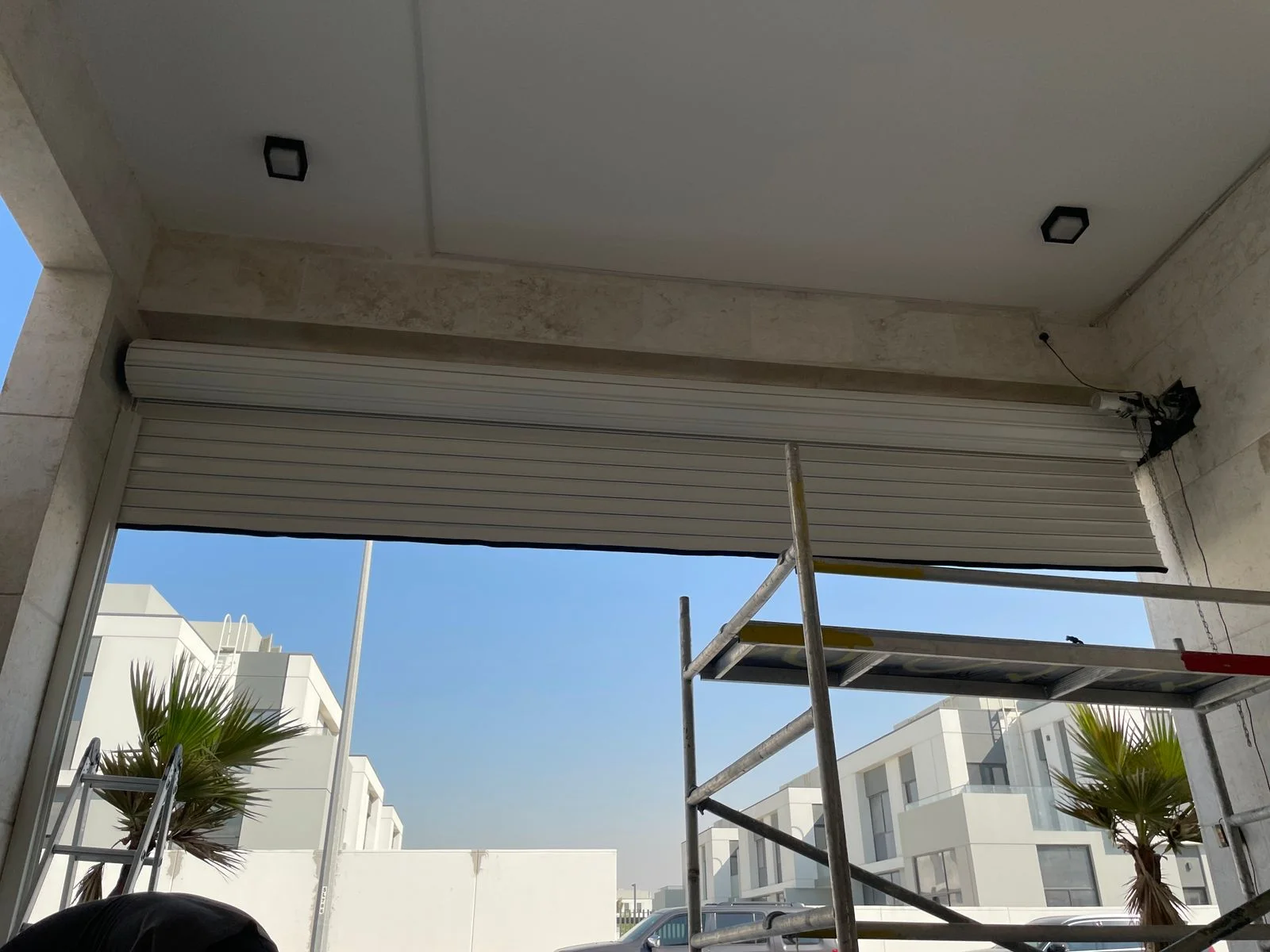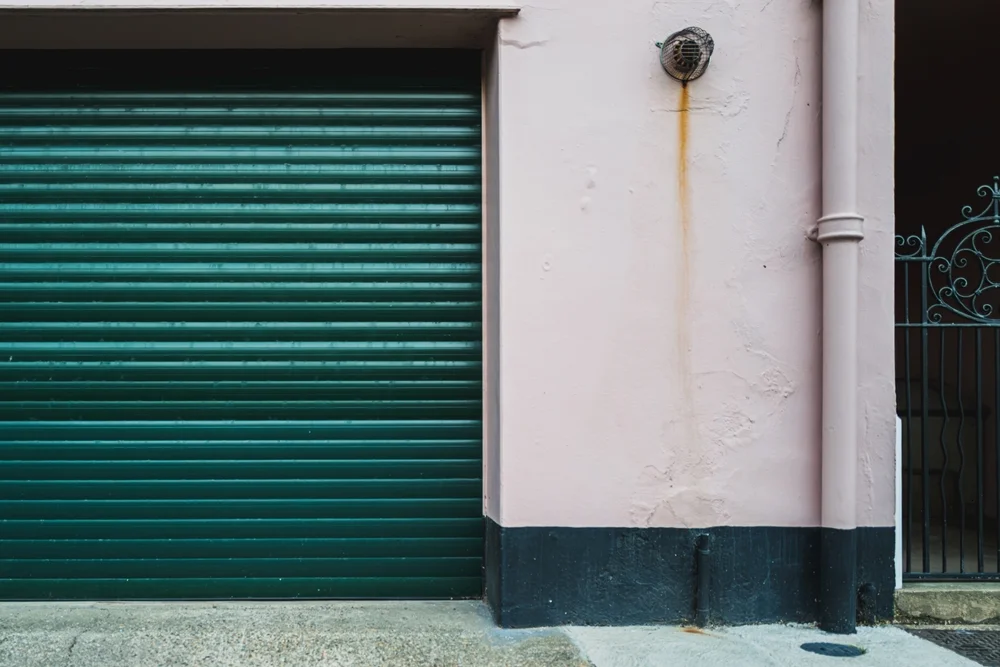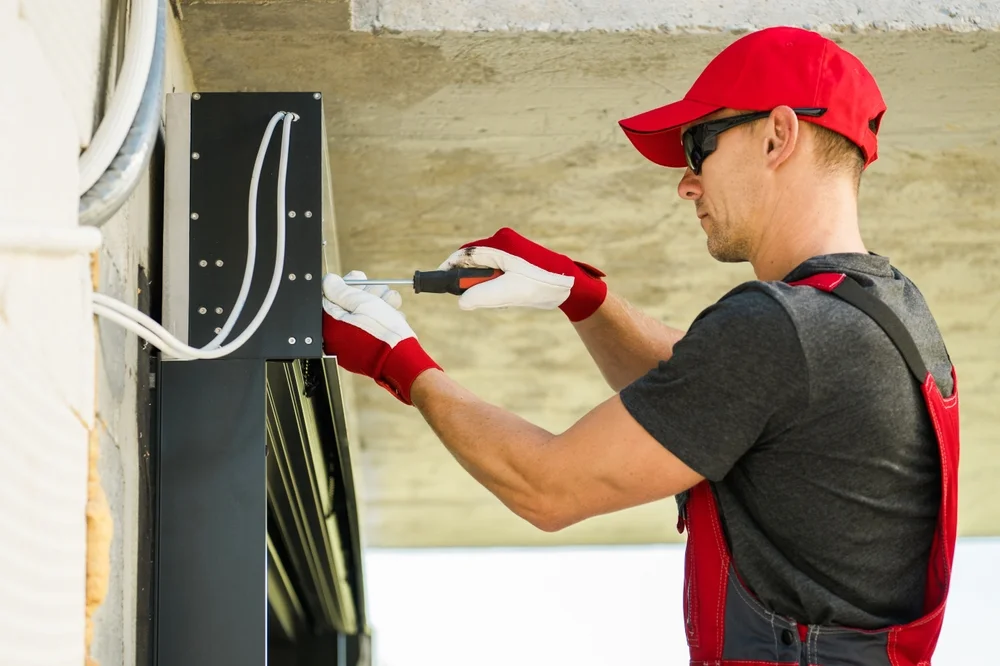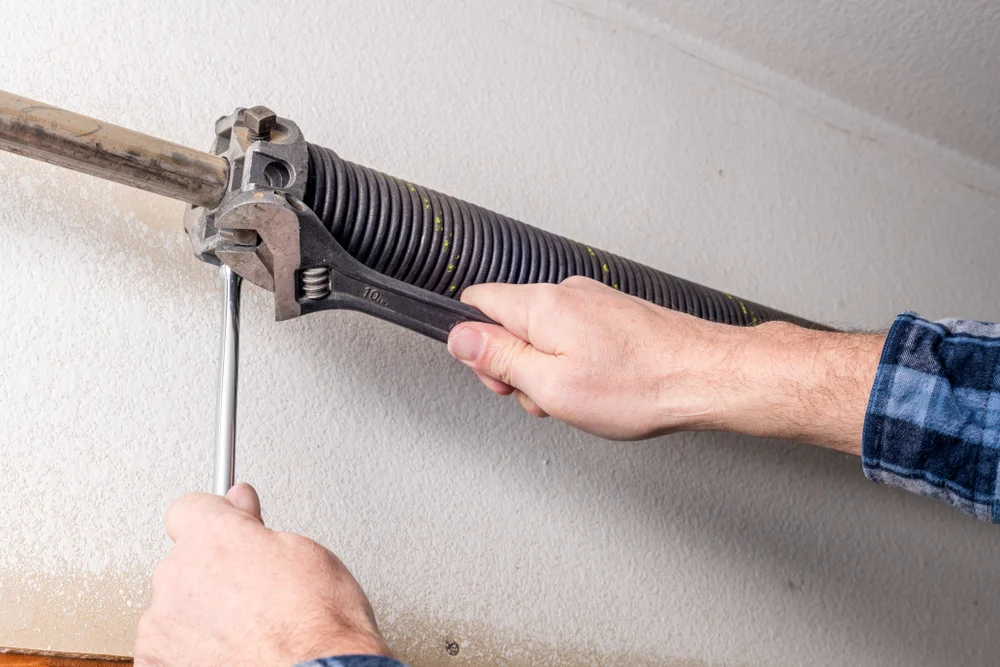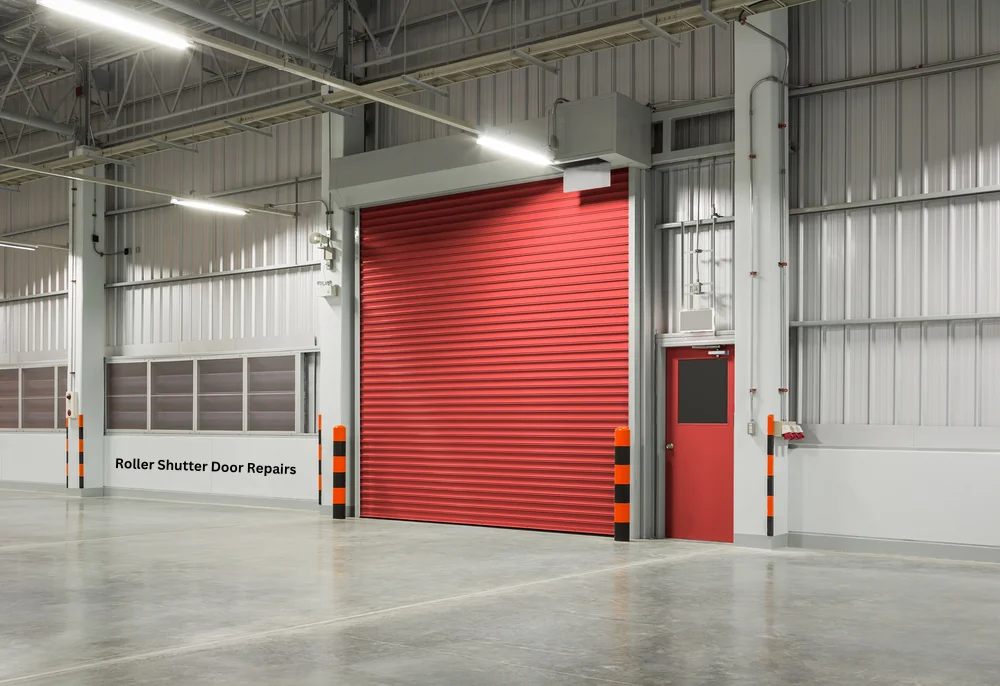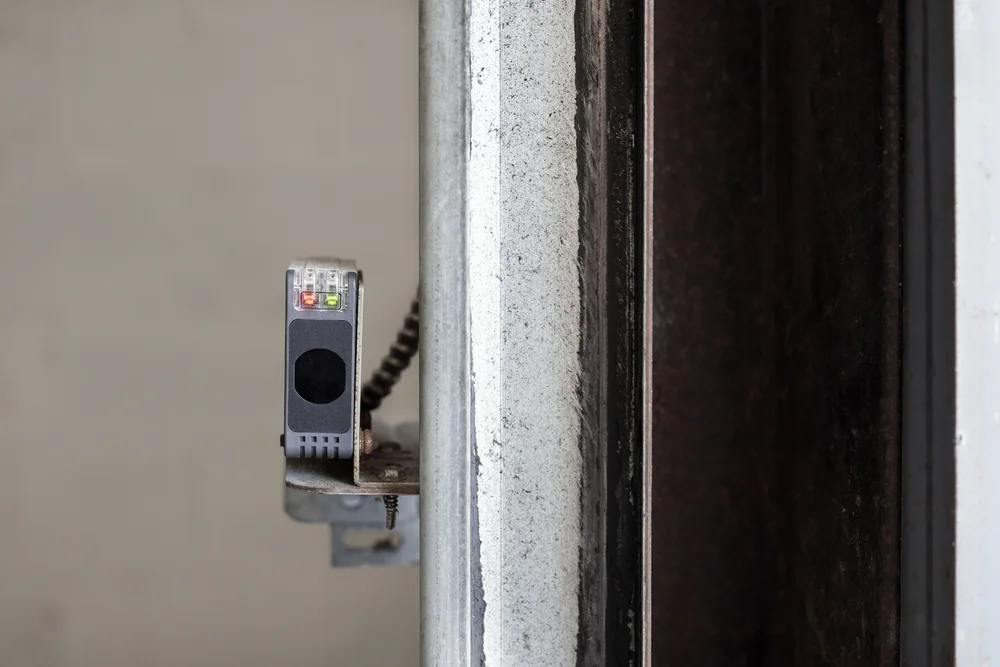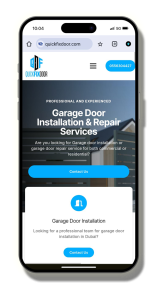A malfunctioning garage door is not only frustrating but can also pose a significant security risk for your home. It’s essential to be able to recognize the signs that your garage door may need repair to avoid unnecessary stress, inconvenience, and potential costly fixes. Whether it’s a slow-moving door, strange noises, or an inability to open or close completely, understanding when your garage door needs attention can save you time and money. In this blog post, we will guide you through the common signs that indicate your garage door needs repair and why addressing issues early is crucial.
Table of Contents
Why It’s Important to Repair Your Garage Door on Time
Your garage door is not just a simple entry point; it’s a critical component of your home’s security, safety, and functionality. A malfunctioning garage door can leave your home vulnerable to theft, and it can also be dangerous if the door unexpectedly falls. More importantly, waiting too long to repair minor issues can lead to more expensive fixes later. Regular maintenance and timely repairs can help prevent severe breakdowns, prolong the life of your door, and maintain its efficiency.
Ignoring problems with your garage door can lead to higher energy bills, security breaches, and potential safety hazards for you and your family. By knowing the signs of a malfunctioning garage door, you can address them promptly before they escalate.
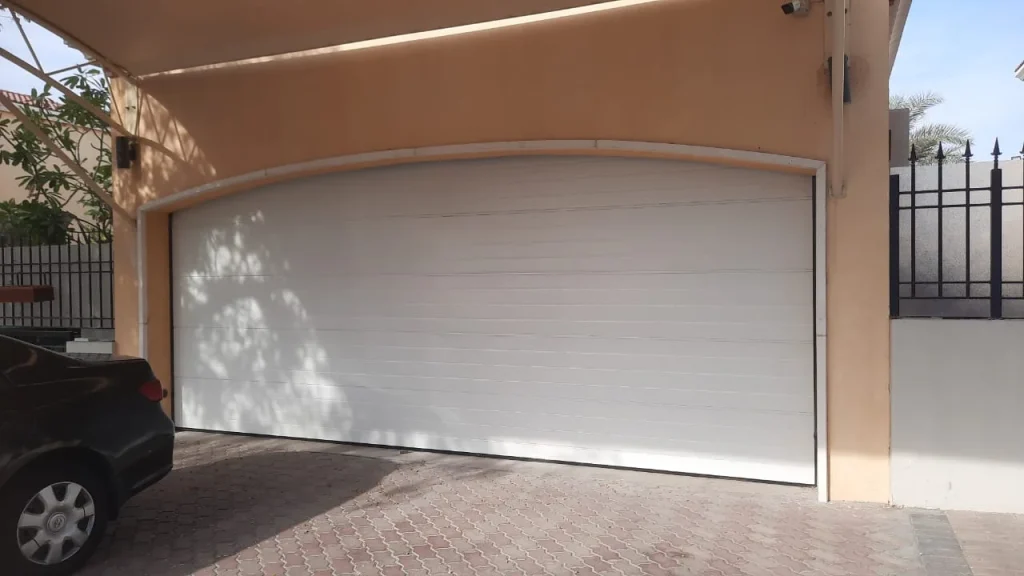
Common Signs That Indicate Your Garage Door Needs Repair
Garage doors are durable, but like any mechanical system, they can experience wear and tear over time. Here are some of the most common signs that your garage door may need professional repair.
1. Strange Noises
When your garage door starts making unusual noises like grinding, scraping, or squeaking, it’s a clear sign that something isn’t working correctly. These sounds could indicate that the door’s springs, rollers, or hinges need lubrication or, in some cases, need to be replaced.
Why it happens: A buildup of dirt, debris, or lack of lubrication on the moving parts can cause friction, leading to unwanted noise. If ignored, this could lead to further damage, such as broken springs or misaligned tracks.
Solution: Schedule a professional garage door repair service to inspect and fix the problem. They can lubricate parts, replace worn-out rollers, or realign the door as needed.
2. Slow or Jerky Movements
If your garage door is moving too slowly or jerking when opening or closing, it could signal that the springs or motor are failing. This type of malfunction can also make the door difficult to control, potentially causing accidents if it opens or closes abruptly.
Why it happens: The opener’s mechanism may be malfunctioning, or the springs could be worn out, preventing the smooth movement of the door.
Solution: The springs or opener motor should be checked by a professional for any issues. Regular maintenance, including lubrication and spring adjustments, will prevent this problem from reoccurring.
3. Door Doesn’t Open or Close Completely
If your garage door doesn’t open or close fully, it may be due to issues with the track, sensors, or motor. This can cause significant inconvenience, especially if you need to access your garage or store vehicles.
Why it happens: The sensors may be misaligned, or there could be a mechanical issue preventing the door from traveling all the way to the top or bottom. Sometimes, a loose chain or broken spring can also prevent full movement.
Solution: Inspect the sensors for any dirt or misalignment. Check for any blockages in the tracks and ensure that the chain is properly tightened. If this doesn’t solve the issue, consider contacting a professional for further diagnosis.
4. The Door is Off Its Tracks
A garage door that has come off its tracks is a serious issue and can pose a safety risk. This problem can occur if the door is forced open or if parts become worn out or damaged.
Why it happens: An accidental bump or excessive force can knock the door off its tracks. Wear and tear on the rollers or springs can also cause the door to derail.
Solution: A professional should repair the tracks and rollers. Do not attempt to fix this issue yourself, as it can be dangerous and requires the right tools and expertise to realign the door safely.
5. The Door Reverses Before Fully Closing
If your garage door reverses and opens after starting to close, it’s usually due to an issue with the sensors, misalignment, or broken springs. The door might be detecting an obstruction (real or false) and automatically reversing.
Why it happens: Obstructions, sensor misalignment, or malfunctioning safety features can trigger this reversal.
Solution: Check for any objects blocking the sensors and clean them. If the problem persists, consult a professional to inspect and repair the safety sensors or adjust the spring tension.
6. Visible Wear and Tear
Over time, garage doors naturally experience wear and tear. Visible damage to the door, such as cracks, rust, or dents, can compromise its functionality.
Why it happens: Exposure to the elements, heavy use, or accidents can cause physical damage to the door.
Solution: For minor dents or scratches, you may be able to make cosmetic repairs. However, if the damage affects the door’s structure or functionality, it’s better to have it repaired or replaced by a professional.
7. No Response to the Remote
If your garage door isn’t responding to your remote control, it could indicate issues with the receiver or transmitter, the batteries in your remote, or the electrical wiring.
Why it happens: The batteries in the remote may be dead, or there could be interference with the signal. In some cases, the system might have been disconnected due to power outages or technical issues.
Solution: First, check the batteries in your remote. If the problem persists, inspect the garage door opener’s wiring and receiver. If necessary, contact a technician to repair the electrical system or reset the opener.
Why Regular Maintenance is Essential for Your Garage Door
Preventing major repairs starts with regular maintenance. Here are some reasons why you should schedule professional maintenance for your garage door:
- Prolongs the Life of Your Garage Door: Regular checks and repairs prevent minor issues from becoming major, extending the lifespan of your door and its components.
- Increases Safety: Timely repairs reduce the risk of accidents, such as the door falling or malfunctioning, ensuring the safety of your family and pets.
- Improves Efficiency: A well-maintained garage door operates more efficiently, reducing energy consumption and saving you money on your utility bills.
- Prevents Unexpected Breakdowns: Routine maintenance helps you catch potential issues before they cause your garage door to stop functioning, ensuring you’re not left without access when you need it most.
How to Fix Common Garage Door Issues
Many common garage door issues, such as squeaky noises or slow movement, can be resolved with simple maintenance tasks. However, more complex problems, such as a door off its tracks or broken springs, require professional attention. Here are some basic maintenance tips to fix minor issues:
- Lubricate Moving Parts: Use a silicone-based lubricant to grease the rollers, hinges, and tracks. This reduces friction and helps your door open and close smoothly.
- Tighten Loose Parts: Check the hardware, including bolts and screws, to ensure everything is secure. Loose parts can lead to misalignment and noisy operation.
- Inspect the Springs: If your garage door springs are visibly worn or damaged, have them replaced immediately. Never attempt to replace garage door springs yourself, as they are under high tension and can be dangerous.
- Clean the Sensors: Dirt or debris on the safety sensors can cause the door to malfunction. Clean them regularly to ensure proper operation.
Final Thoughts
Garage door issues can range from minor annoyances to serious malfunctions, but recognizing the signs early and addressing them promptly can save you a lot of stress and money. Whether it’s a noisy door, a faulty sensor, or a door that won’t open, understanding the common indicators of a malfunctioning garage door will help you take action before a small issue becomes a major problem.
Don’t ignore the signs schedule a garage door repair today to ensure your door operates smoothly, safely, and efficiently.
Frequently Asked Questions
How much does a garage door repair cost?
Garage door repair costs in Dubai can vary depending on the issue. Simple repairs such as lubrication or realignment can cost around AED 200-300, while more complex issues like spring replacement or motor repairs can range from AED 500 to AED 1,200 or more.
How often should I maintain my garage door?
It’s recommended to have your garage door professionally maintained at least once a year. Regular inspections will help catch issues early and extend the life of your door.
Can I fix my garage door myself?
While minor repairs like lubrication can be done on your own, more complex issues such as broken springs, misaligned tracks, or sensor malfunctions require professional attention for safety reasons.
Why is my garage door making a loud noise?
Loud noises typically indicate that the door’s rollers, springs, or hinges need maintenance or lubrication. If the noise persists, it may be a sign of more serious damage.
What causes a garage door to stop working?
There are many possible causes, including dead batteries in the remote, faulty sensors, broken springs, or issues with the motor. A professional technician can diagnose and fix the problem.

